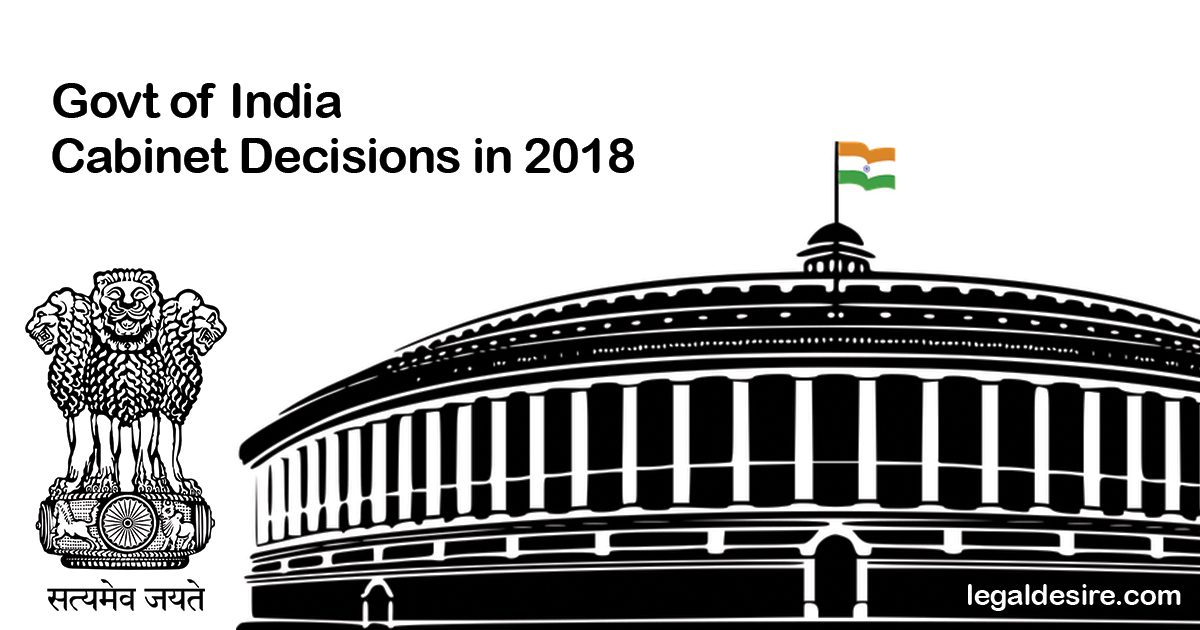Now Reading: Laws to check Banking Fraud in India
-
01
Laws to check Banking Fraud in India

Laws to check Banking Fraud in India
The Government has initiated formulation of laws to secure prudential banking and help effect a culture of credit discipline, including, inter alia, in terms of the following:-
- Insolvency and Bankruptcy Code, 2016 (IBC) has been enacted to create a unified framework for resolving insolvency and bankruptcy matters. IBC, by adopting a creditor-in-saddle approach, with the interim resolution professional taking over management of affairs of corporate debtor at the outset, coupled with debarment of wilful defaulters and persons associated with NPA accounts from the resolution process, has effected a fundamental change in the creditor-debtor relationship.
- The Banking Regulation Act, 1949 has been amended to provide for authorisation to Reserve Bank of India to issue directions to banks to initiate the insolvency resolution process under IBC.
- The Fugitive Economic Offenders Act, 2018 has been enacted to deter economic offenders from evading the process of Indian law by remaining outside the jurisdiction of Indian courts, provides for attachment of property of a fugitive economic offender, confiscation of such offender’s property and disentitlement of the offender from defending any civil claim.
- To make other recovery mechanisms as well more effective, the Securitisation and Reconstruction of Financial Assets and Enforcement of Security Interest Act, 2002 (SARFAESI Act) has been amended to provide for three months’ imprisonment in case borrower does not provide asset details, and for lender getting possession of mortgaged property within 30 days. Six new Debts Recovery Tribunals (DRTs) have been established and the minimum pecuniary limit for filing of cases in DRTs has been revised in 2018 from Rs. 10 lakh to Rs. 20 lakh to enable focus on higher value cases in these fast-track tribunals.
RBI has furnished inputs with respect to its instructions to the banks to bring changes as per its new guidelines to strengthen their monitoring mechanism, which include, inter-alia, the following:-
- a Circular of confidential nature was issued by RBI to all the banks in February 2018 to implement security and operational controls such as Straight-Through Process (STP) between CBS/accounting system and SWIFT messaging system, enable time-based restrictions in SWIFT, review logs at regular intervals, undertake reconciliation, etc in a time bound manner, and the banks were also advised that in case of non-compliance RBI may take enforcement action against them,
- banks should closely monitor the end-use of funds and obtain certificates from borrowers certifying that the funds are utilised for the purpose for which they were obtained. In case of wrong certification by the borrowers, banks may consider appropriate legal proceedings, including criminal action wherever necessary, against the borrowers,
- to direct the focus of banks, on early detection of loan frauds, prompt reporting to the RBI and the investigative agencies and timely initiation of staff accountability proceedings, RBI had issued a framework, with stipulated timelines with actions incumbent on banks, for dealing with loan frauds of Rs.50 crore and above, wherein banks were advised to classify potential fraud accounts as Red Flagged Accounts based on observation/evaluation of Early Warning Signals noticed. The red flagging is done on an IT platform where all banks report large exposure to entities/individuals so that other banks can be forewarned about fraud risk, and
- RBI reviews the cyber security developments and threats on an ongoing basis and necessary measures are taken to strengthen the cyber resilience of banks.
Compliance of the guidelines of the RBI lies under the purview of RBI. Further, as per RBI’s inputs, banks were advised that in case of non-compliance RBI will take enforcement action against them.
This was stated by Shri Shiv Pratap Shukla, Minister of State for Finance in Written Reply to a Question in RajyaSabha on 18th December, 2018







